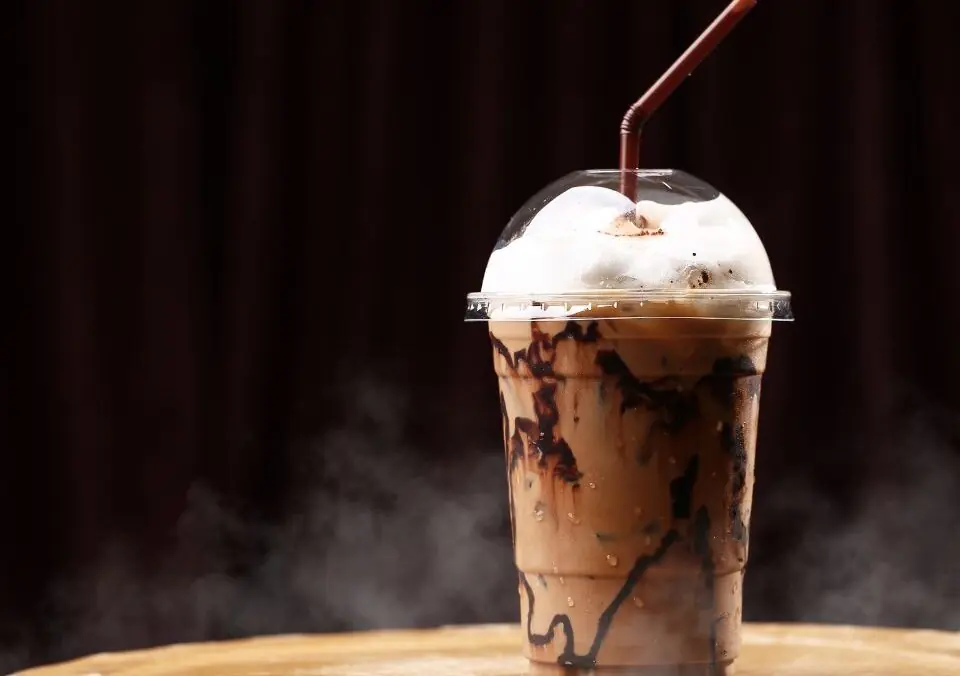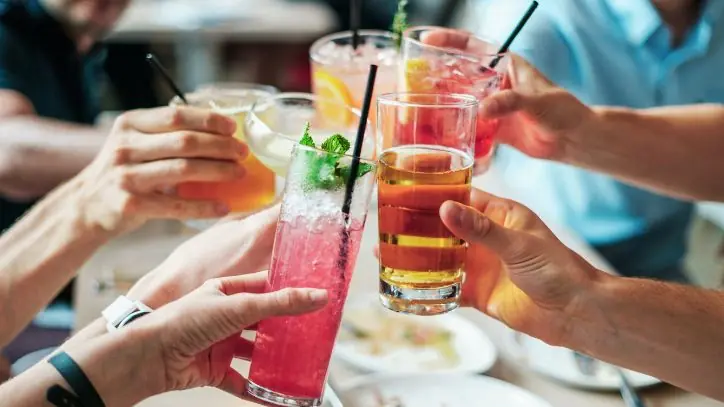Blog
Don’t Just Watch What You Eat, Watch What You Drink Too

In today’s health-conscious society, discussions about dietary improvements often revolve around the food on our plates. We diligently scrutinize labels, calculate calorie intake, and emphasize whole foods while cutting down on ultra-processed items, unhealthy carbs, and sugary desserts—especially after indulging during the holidays. However, a critical aspect that often gets overlooked is the beverages we consume daily. These drinks can significantly impact our overall health and well-being, often containing more hidden sugars and calories than we realize.
The Hidden Dangers in Our Drinks
According to registered dietitian Heather Nace, a significant portion of our added sugar intake comes from beverages rather than solid foods. Many people are surprised to learn that sipping on a sugary drink throughout the day can be more insidious than enjoying an occasional dessert. This is primarily because drinks are consumed more frequently, potentially leading to higher daily sugar consumption without the individual being fully aware of it.
Common High-Sugar Beverages
Let’s delve into some of the primary culprits in our beverage choices that often contain excess sugar:
- Flavored Coffees: As a barista at a local coffee shop, I can attest to the staggering amounts of sugar used in flavored coffees. A single flavored latte or blended coffee drink can contain up to 50 grams of sugar or more, depending on the size and the recipe. For context, the American Heart Association recommends that women limit added sugars to about 25 grams per day and men to about 37.5 grams per day.
- Sodas: Soft drinks are well-known for their high sugar content. A standard 12-ounce can of soda typically contains around 39 grams of sugar, translating to about 10 teaspoons. Regular consumption of sodas has not only been linked to weight gain but also to other health issues such as type 2 diabetes and heart disease.
- Sweetened Teas: Many bottled sweet teas are marketed as healthy alternatives but can be deceptively high in sugar. A 16-ounce bottle of sweetened iced tea can contain around 40 grams of sugar, which is similar to that of most sodas.
- Energy Drinks: These beverages often contain a blend of caffeine, sugar, and other stimulants. A typical energy drink can have up to 54 grams of sugar in a single serving. Not only does this lead to excessive sugar intake, but the combination of sugar and caffeine can also lead to increased heart rates and anxiety.
- Juices: Fruit juices, even those labeled as “100% juice,” can be surprisingly high in sugar. While they may contain vitamins, a typical serving of orange juice can have nearly 22 grams of sugar and a similar amount of calories to a sugary soda. It’s often recommended to consume whole fruits instead, which also provide fiber.
- Alcohol: Mixed drinks and cocktails often contain mixes loaded with sugars. Even a simple rum and coke can quickly add up to significant sugar consumption, not to mention the empty calories from alcohol itself. The American dietary guidelines suggest moderation when consuming alcohol, emphasizing that certain beverages can contribute to weight gain.

The Importance of Mindful Drinking
The point here isn’t to advocate for complete avoidance of these beverages but rather to encourage mindfulness about our choices. Here are some practical tips to help you manage your beverage intake:
- Read Labels: Always check the nutritional information and ingredient list on beverages. Look out for not only the sugar content but also artificial sweeteners, which can sometimes be just as problematic.
- Choose Unsweetened Options: When it comes to coffee and tea, opt for unsweetened versions or try to reduce the amount of sugar you add over time. Sweetening your drink gradually can help you adjust your palate to enjoy less sugar.
- Limit Juice Intake: If you enjoy juice, consider diluting it with water or opting for whole fruits, which provide fiber and help you feel full.
- Stay Hydrated with Water: Water is always the best hydration option. Consider adding slices of fruit or herbs like mint to enhance the flavor without increasing sugar.
- Be Wary of Serving Sizes: Many sugary drinks come in large sizes that tempt consumers to drink more. Opt for smaller sizes or share larger drinks to reduce overall intake.
Alternatives to Sugary Drinks
There are plenty of tasty alternatives to sugary beverages that can help you stay hydrated without sabotaging your health goals:
- Flavored Water: Infusing water with fruits like lemon, cucumber, and berries can create a refreshing drink that feels indulgent without the sugar.
- Sparkling Water: For those who miss the fizz, sparkling water can be a great alternative. Look for options without added sugars.
- Herbal Teas: Unsweetened herbal teas are flavorful and can be enjoyed hot or iced without the drawback of added sugars and calories.
- Black Coffee or Cold Brew: If you enjoy coffee, consider drinking it black, or opt for cold brew, which typically has a smoother flavor and lower acidity.
The Bigger Picture: Overall Wellness
Ultimately, the key to a healthier diet goes beyond simply watching what you eat and drink. It involves understanding your overall lifestyle and making conscious choices that prioritize whole foods, hydration, and balanced nutrition. Staying active, managing stress, and getting adequate sleep also play crucial roles in maintaining a healthy weight and improving long-term health. It’s essential to take a holistic approach to wellness.
Conclusion
As we strive to live healthier lives, it’s crucial to expand our focus beyond just the foods we eat to include our beverage choices. By being mindful of the hidden sugars in many popular drinks, we can make better decisions that align with our wellness goals. Simple strategies like reading labels, opting for unsweetened drinks, and hydrating with water can lead to significant positive changes in our dietary habits. Remember that moderation is key, and with a bit of awareness, we can enjoy our favorite beverages while still maintaining control over our health.
By Heide Kennedy, Arizona Farm Bureau Communications Intern


















